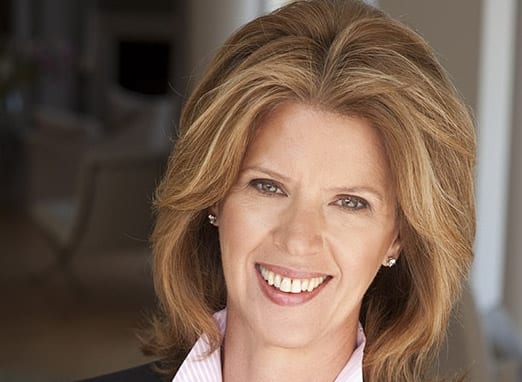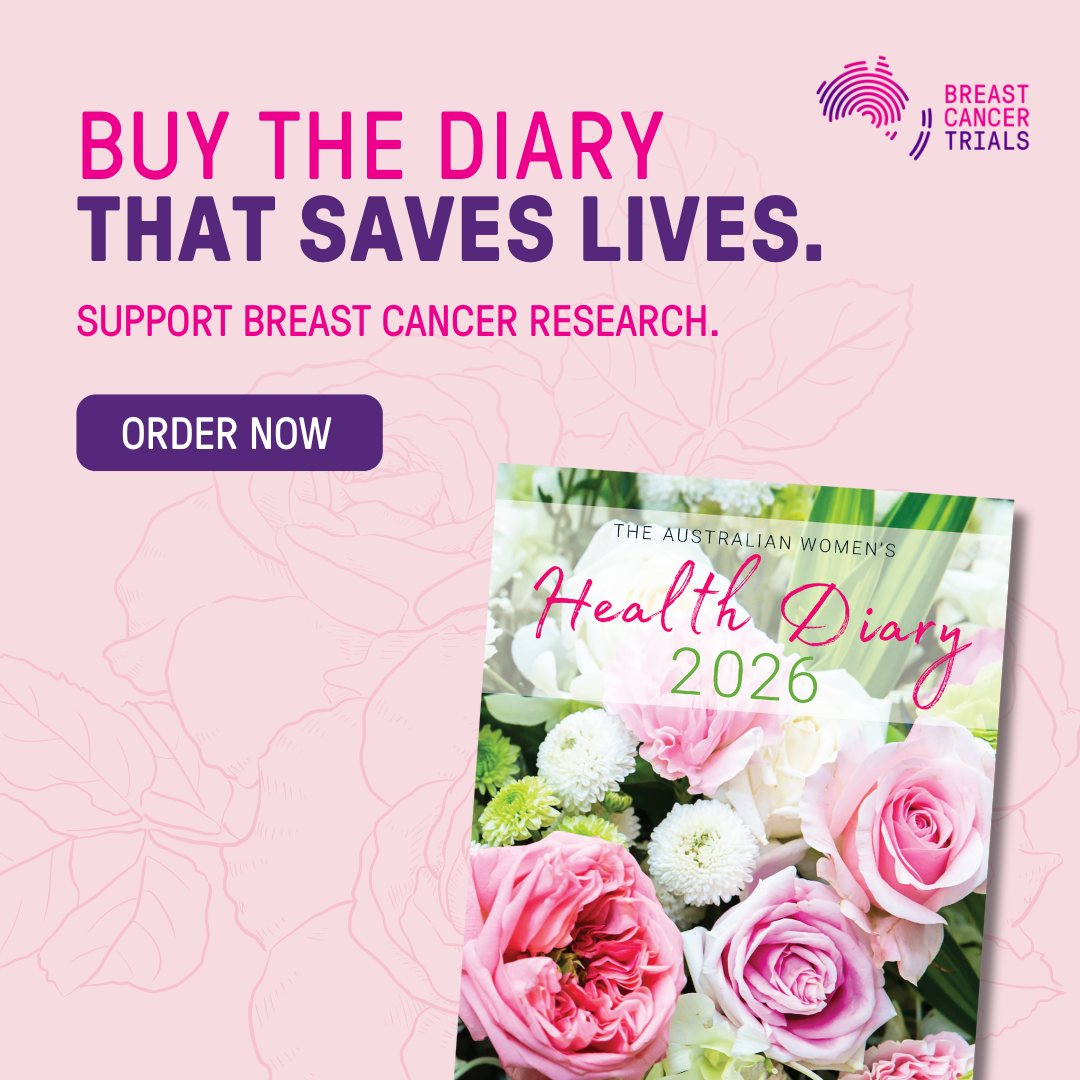
We are all aware that the global economy is facing challenges and disruption like never before, and now is the time for courageous leadership and imagination if we are going to shift it towards a fresh and sustainable direction.
To help make this possible, there is a new game in town, drawing together the collective intent of women of the world. I am pleased to be a player, in my own small way.
The arrival last year of the Women20 (W20) Engagement Group, to advise the G20, represented one of the first opportunities for a new voice of the women of the world to be heard in the halls of global economic power.
There is no doubt in my mind, that by harnessing the views of women, we can shift world economic discourse in a more positive direction. Just eight months ago my experience of it began when I was invited to Istanbul, Turkey as Australia’s representative for the inaugural Women20 (W20) advisory process to the G20 Leaders.
This week, (May 24 – 26) comes my second opportunity to represent Australia at the W20, in Xi’an, China. I am determined to promote the idea that it is women who can play a central role in bringing the voices of the broader community together – away from the usual suspects, like economists, politicians, bankers and bureaucrats. The voices of women have not been sufficiently heard at international summits in the past, especially when it comes to economic empowerment, the key focus of the W20.
In Istanbul, I put the case that communication and financial literacy skills were the two most important pieces of the puzzle to progress the economic empowerment of women.
We must be able to communicate our business idea, our ambition, our skills in order to participate. Further, women of all ages must be able to, confidently, know their financials, from school to CEO level – financial knowledge and independence is a necessity to empowerment.
This year I add a third tranche to my proposal. Women, especially of regional and rural Australia, can be the power behind the growth of our new economy – in agriculture and rural production. Consider Australia and our relationship with China and the broader markets of Asia. The agricultural sector is the ‘new black’ – a driver of the economy of the future as we transform from the mining of the past, to a food bowl of the future. Opportunity abounds for Australians in the regional and rural sectors. China has concerns about the quality of its agricultural land, one fifth of which could be polluted, according to a survey reported by the FT of London’s Lucy Hornby in April this year. She reported that “China is slowly starting to recognise the toll on health, quality of life and agricultural productivity.”
It is no surprise that the investment in Australian agricultural assets continues from our Asian neighbours, and Australians can seize the opportunity for long-term partnerships, rather than recoil and criticise. Australian women, at the backbone of rural and regional communities, can drive the engagement and involvement by working closely with business, investors, the community and government. We know, for example, that China has a rising e-trading economy driven by technology and digital platforms. These are huge online markets for production and sale of goods – and knowhow too. But everyone needs to eat. We can have all the e-trading economies we want, but who feeds the people in those jobs, with the best agricultural produce grown in the best conditions in the world? Who knows what the business model could be?
I don’t, but discussions with women of the world at the W20 might just realise a plan or an idea or an ambition. It may even become policy, adopted by the G20 Leaders if we get it right. This is not about women minus men. It is about more, not less, collaboration. It is about more, not less, community. It is about more, not less, humanity. Women are the glue that will bring it all together.
The W20 is a key platform to promote gender equality, inclusive growth and cooperation, and the exchange of ideas among those of us who are keen to promote women as an important force in driving economic and social development. Remember that the G20 was established in 1999 with a mission to lead strong, cooperative, sustained growth of the global economy. No easy task, as the collection of nations within the G20 means that uniform policy in itself is hard to implement across a disparate range of economies, from India to Saudi Arabia, to Russia, Germany, South Korea, Mexico and Australia. My appointment was upon the recommendation of the Prime Minister’s Department. However, I am independent of government, that means no funding for any of the activity in relation to the W20.
I, personally, pay my own way to attend these Summits. I do this because I feel great responsibility to do what must be done – that is, to build a stronger voice for women, given my decade of work with the Telstra Business Women’s Awards, my spotlight on Australian enterprising women in the Australian Financial Review, and my work in general with business women, holding forums and business events to teach confidence in communication and draw together a network for the common good.
I owe this to my mother, a teacher of young children all her life. I owe it to my strong network of professional and home-based women, many of whom run their own businesses or support people who do. They raise families, they nurture the young and the old around them, they provide support and inspiration to their communities. They participate. I owe it to the many good men who have paved the way or worked alongside me throughout my career. When Australia hosted the G20 in Brisbane in 2014, it made a commitment in relation to labour force participation – an ambition reaffirmed in 2016 by the Australian Government: “..continuing implementation of outcomes from Australia’s G20 Presidency, including the commitment by G20 leaders to reduce the labour force participation gap between men and women in G20 economies by 25 per cent by 2025.”
Is it too much to ask, that we need to be able to at least measure progress towards this reasonable goal? It is a great responsibility for we women of the W20. I refer to the words quoting Olive Schreiner in the movie “Suffragette” heralding the leadership by women courageous enough to take big steps, and take on big ideas. If we hear the sounds of footsteps behind us, says Schreiner, “they are the feet of those who shall follow you. Lead on.”



